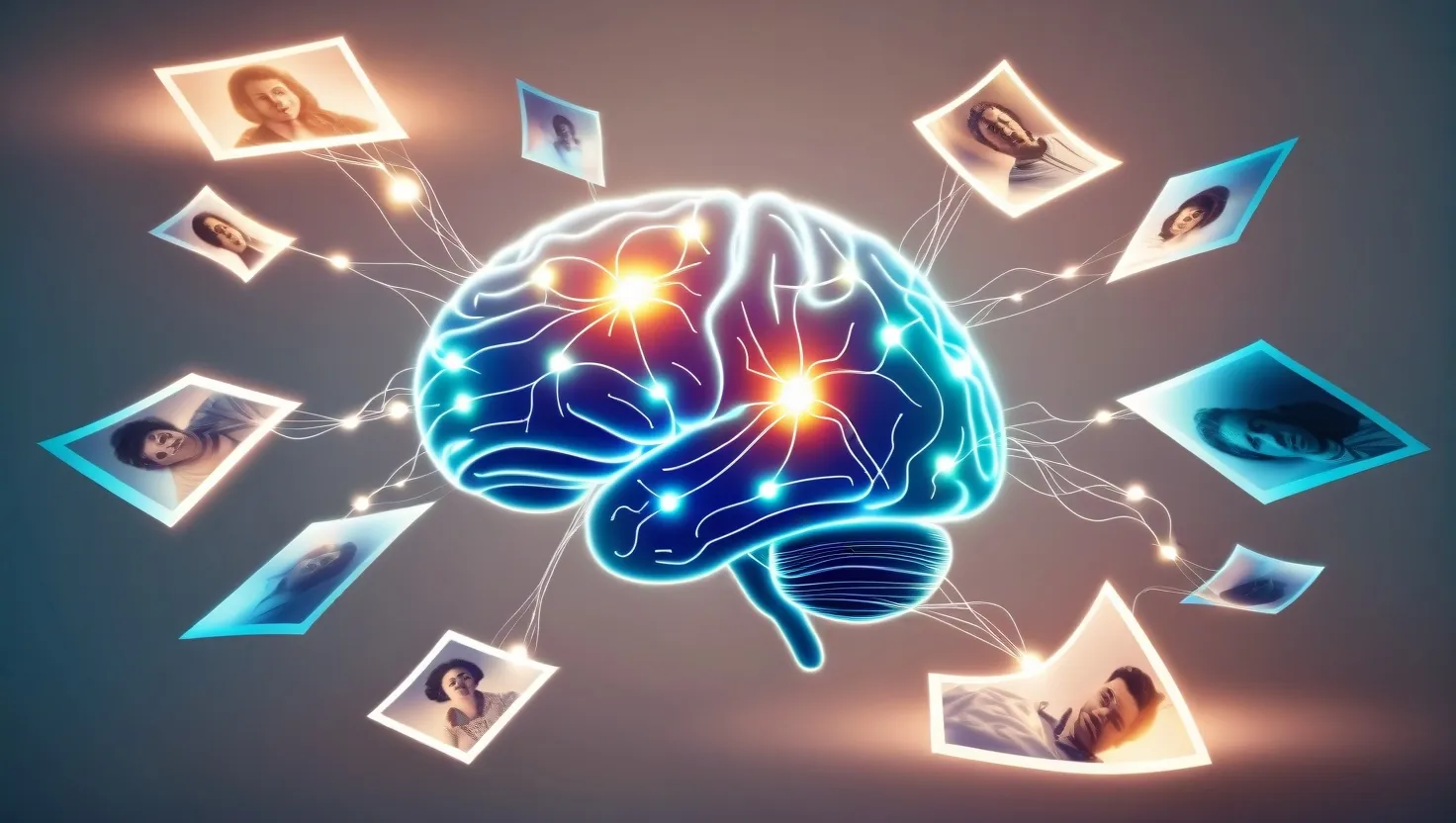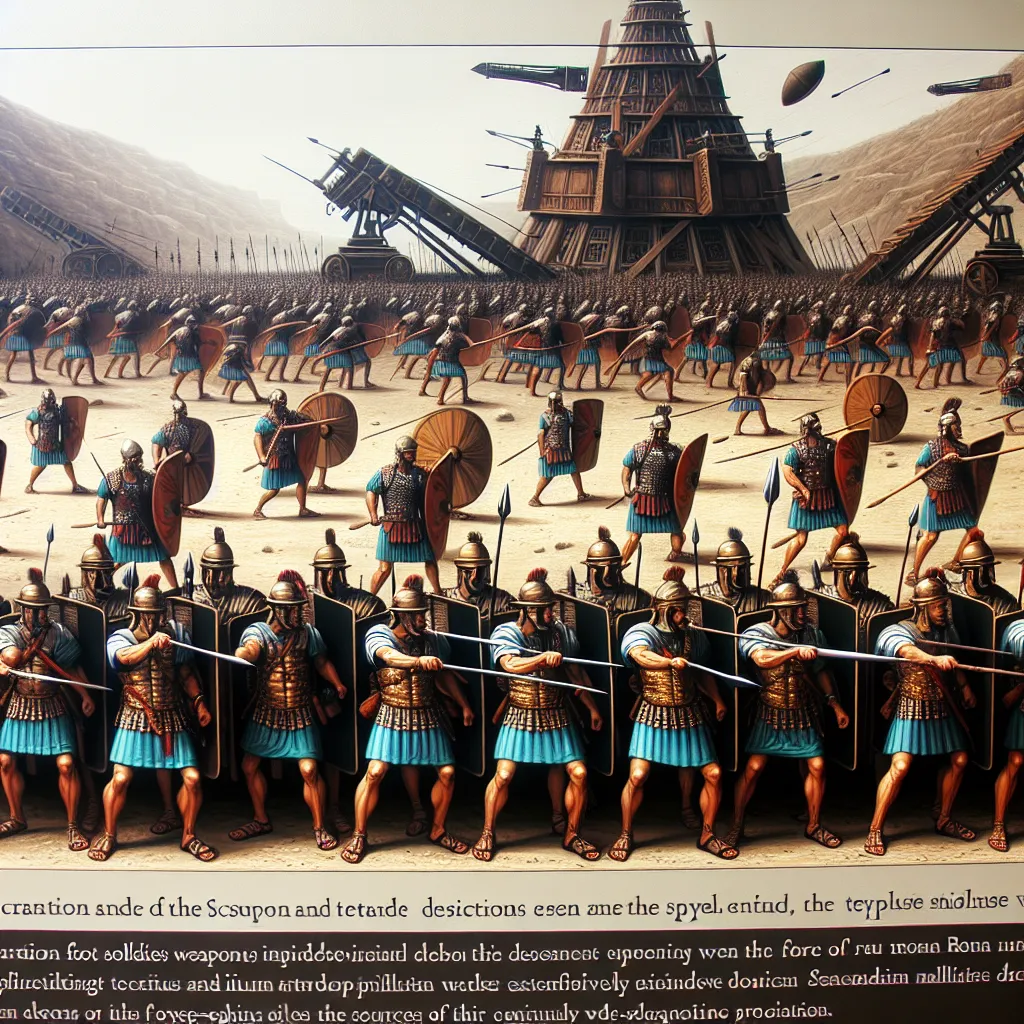Memory, that elusive and fascinating aspect of our humanity, has long been a subject of intense study and curiosity. As we delve into the latest discoveries about human memory, we find ourselves confronted with surprising insights that challenge our traditional understanding of how memories are formed, stored, and recalled.
Memory Reconsolidation and Modification
Imagine being able to edit your memories, to change the narrative of your past experiences. This concept, while it sounds like science fiction, is becoming increasingly plausible thanks to the discovery of memory reconsolidation. This process allows memories to be updated or even altered after they have been retrieved from storage.
“As our memories are reactivated, they become temporarily unstable and susceptible to modification,” explains a neuroscientist. This instability offers a window of opportunity for therapists to help patients rewrite traumatic memories, potentially alleviating the symptoms of PTSD.
But what does this mean for our sense of identity? If our memories can be changed, does that alter who we are? As the philosopher George Santayana once said, “Memory is a kind of accomplishment, a sort of renewal.”
False Memory Formation
We often think of memories as accurate records of our past, but the truth is more complex. False memories can be formed through suggestion, imagination, or even social influence. This phenomenon raises important questions about the reliability of eyewitness testimony and the malleability of our recollections.
Consider the case of a person who, through repeated suggestions, begins to remember an event that never occurred. This is not just a matter of misremembering; it’s a full-fledged false memory that can feel as real as any true one.
“False memories are not lies; they are genuine recollections of events that did not happen,” a psychologist notes. This highlights the dynamic and sometimes fragile nature of human memory.
Neurogenesis in Adult Hippocampus
For a long time, it was believed that the brain’s ability to generate new neurons ceased in early childhood. However, recent research has shown that neurogenesis, the process of creating new neurons, continues in the adult hippocampus, a region crucial for memory formation.
This discovery opens up new possibilities for treating memory-related disorders. If we can stimulate the growth of new neurons in the hippocampus, perhaps we can enhance memory and even reverse some of the cognitive decline associated with aging.
As the neuroscientist Marian Diamond once said, “The brain is a highly dynamic and plastic organ, and it can change throughout life.”
Sleep’s Role in Memory Consolidation
Sleep is often seen as a passive state, but it plays an active role in consolidating our memories. During sleep, especially the REM stage, the brain replays and processes the events of the day, strengthening the connections between neurons and transferring information from short-term to long-term memory.
But what happens when we don’t get enough sleep? Can we still form and retain memories effectively? The answer is no; sleep deprivation significantly impairs our ability to consolidate memories.
“Sleep is not just a rest for the body; it is an active process that helps in memory formation,” a sleep researcher explains. So, the next time you’re tempted to pull an all-nighter, remember that sleep is crucial for your brain’s ability to remember.
Cognitive Reserve and Brain Plasticity
Cognitive reserve refers to the brain’s ability to adapt and compensate for age-related changes or brain damage. This concept is closely tied to brain plasticity, the brain’s capacity to reorganize itself in response to new experiences.
People with higher cognitive reserve, often developed through lifelong learning and mental stimulation, are better equipped to handle cognitive decline. This means that engaging in mentally challenging activities can build a sort of cognitive buffer against future brain health issues.
As the neurologist Oliver Sacks noted, “The brain is a highly adaptable organ, and it can reorganize itself in response to injury or new experiences.”
The Dynamic Nature of Memory
Memory is not a static entity; it is a dynamic process that evolves over time. It can be modified, updated, and even false memories can be formed. This malleability is both a blessing and a curse, offering opportunities for healing and growth but also raising questions about the reliability of our recollections.
So, the next time you reflect on a memory, remember that it is not set in stone. It is a living, breathing part of you that can change and evolve.
As the poet and philosopher Rainer Maria Rilke once wrote, “The only journey is the one within.”
Implications and Applications
These discoveries have far-reaching implications for various fields. In education, understanding how sleep and cognitive reserve impact memory can lead to better learning strategies. In therapy, the ability to modify memories through reconsolidation offers new avenues for treating psychological disorders.
But what about the ethical implications? If we can edit memories, should we? And how do we ensure that such technologies are used responsibly?
These are questions we must grapple with as we continue to explore the mysteries of human memory.
In the end, memory is a complex, multifaceted aspect of our humanity, full of surprises and challenges. As we continue to uncover its secrets, we are reminded of the incredible adaptability and resilience of the human brain.
And so, we ask: What other secrets does our memory hold? How can we harness these discoveries to improve our lives and the lives of those around us? The journey into the world of human memory is ongoing, and it promises to be as fascinating as it is enlightening.






